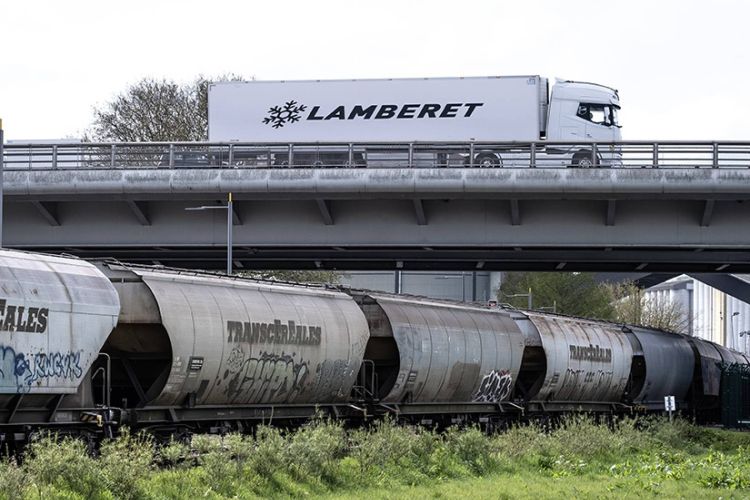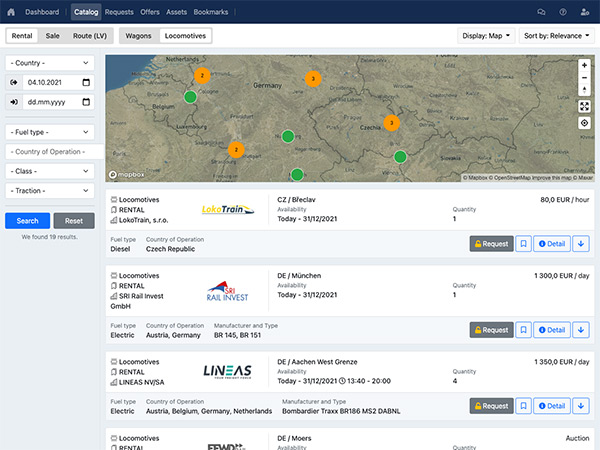Over the past two decades, rail freight in France has experienced a sharp decline, with volumes transported falling from 50 billion tonne-kilometers (tkm) in 2002 to just 33 tkm in 2018. As highlighted by a recent parliamentary inquiry, this downward trend is closely linked to the liberalization of the sector, which has mirrored the deregulation of road transport.
Despite the continued dominance of France Fret SNCF, which carries 50% of goods by rail, the company has suffered significant job losses, shedding more than 10,000 jobs in twenty years. Liberalization policies aimed at stimulating the rail freight market have inadvertently accelerated the sector's decline to the benefit of road transport. For every tonne of freight lost by the SNCF, half has been shifted to the roads. The disparity in infrastructure is stark: France has more than one million km of roads compared with less than 30,000 km of railways, giving road transport a finer territorial network.
The state's response to this decline has been to increase public subsidies to rail operators, a measure that has attracted the attention of the European Commission. The Commission is investigating whether the €5.3 billion in public subsidies that Fret SNCF will receive between 2007 and 2019 constitute a breach of competition law.
Thierry Nier, General Secretary of CGT Cheminots, criticizes this approach, pointing out that it contradicts the European Union's Green Pact commitments to reduce greenhouse gas emissions. He warns that the plan proposed by Transport Minister Clément Beaune to "close down" Fret SNCF could lead to the bankruptcy of rail freight in France. This could lead to massive job losses and a further transfer of freight from rail to road.
The CGT is proposing to abandon the policy of "free and undistorted competition". At a recent press conference, Thierry Nier presented a CGT project for the development of rail freight, supported by public subsidies. Following the Prime Minister's announcement of 100 billion euros for rail freight, the CGT is calling for a precise allocation of funds and for the state to resume its strategic role in the development of rail transport. Among the measures proposed by the CGT is a minimum obligation imposed by the state on large logistics companies such as Amazon and La Poste to use rail transport. This step is aimed at gradually achieving a target of 25% rail freight by 2050.

